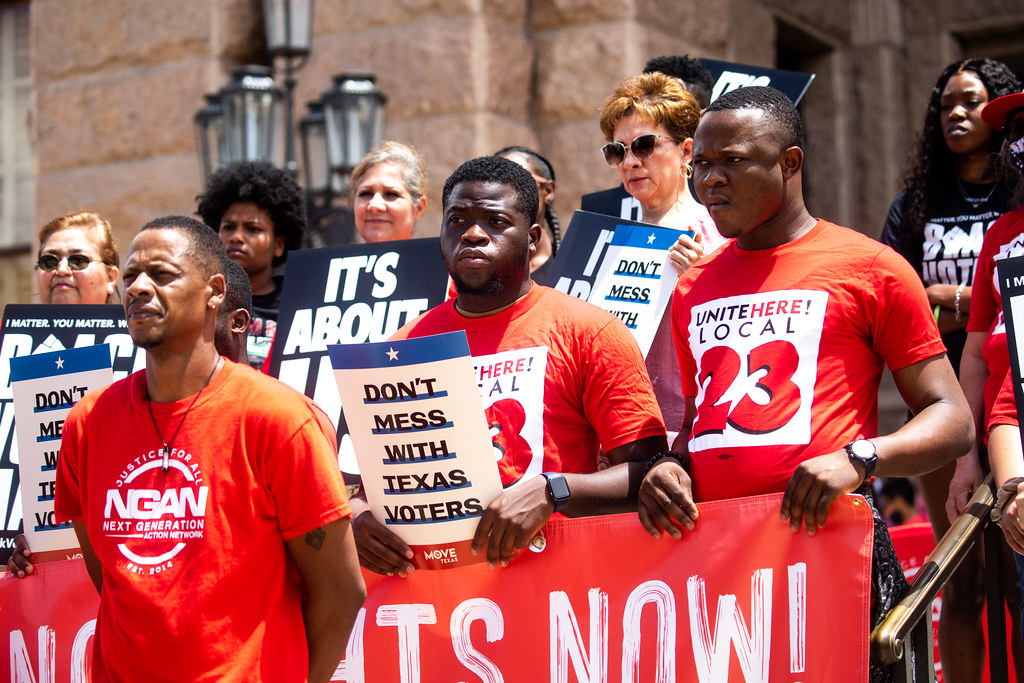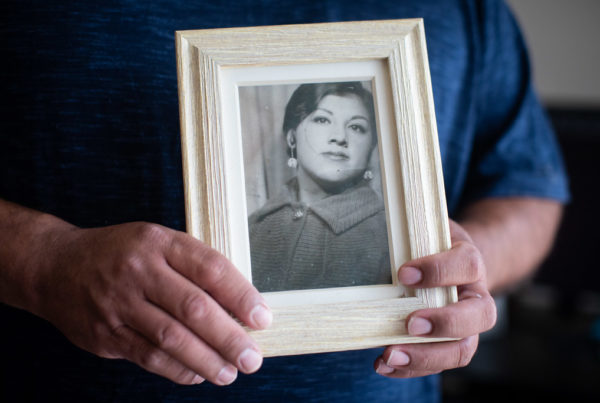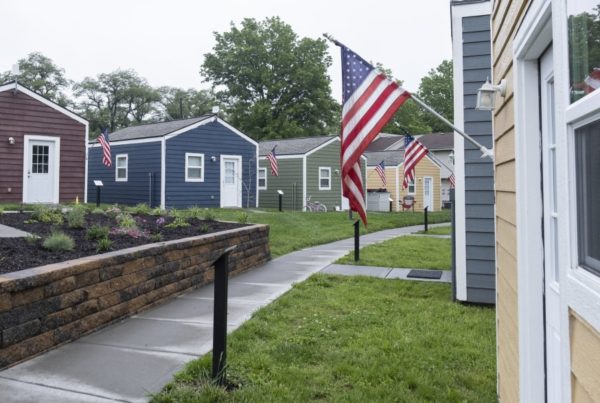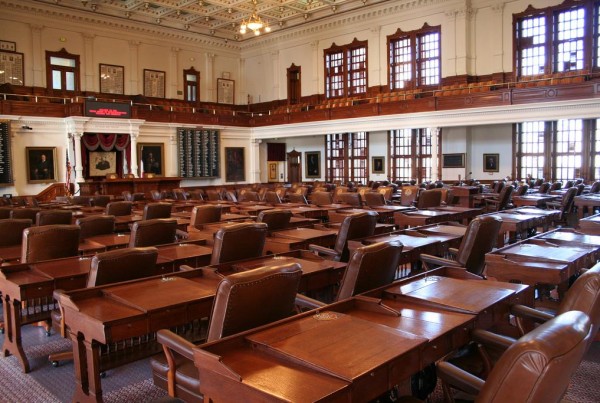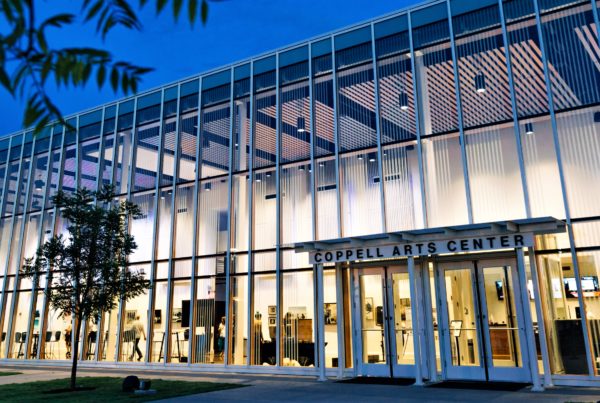In a dramatic move Monday, more than 50 House democrats boarded chartered planes and left Texas for the nation’s Capitol, in an effort to stop the Republican majority in the Texas Legislature from moving forward with proposals that would tighten the state’s voting laws.
Shortly after Democrats’ departure, Texas Gov. Greg Abbott released a statement, saying: “Texas Democrats’ decision to break a quorum of the Texas Legislature and abandon the Texas State Capitol inflicts harm on the very Texans who elected them to serve. As they fly across the country on cushy private planes, they leave undone issues that can help their districts and our state.”
Scott Braddock has been covering the walkout for The Quorum Report. He told Texas Standard that legislators take very seriously voting rule changes like the ones currently under consideration because they affect lawmakers’ own job security.
“Remember, you have Republican Lt. Gov. Dan Patrick over the weekend, at the Conservative Political Action Conference, saying that basically, laws are going to be passed in Texas to keep Democrats from having a hold on power in Washington,” Braddock said. “Meantime, you have Democrats arguing that the kind of laws he’s talking about would cut down on the voting strength of minorities in this state.”
Braddock called Democrats’ attempt to break quorum “the nuclear option.”
Some proposals that were removed from Senate Bill 7 – the bill that failed when Democrats walked out of the House chamber on the last day of the regular legislative session – would have reduced the number of polling places in minority communities and given judges more freedom to overturn election results. Democrats argue the bill under consideration during the special session still puts too many restrictions on voting. They also want Congress to pass voting rules that would supersede state restrictions.
“The voting rights of all Americans, they say, are at stake, including here in Texas, and Democrats from this state want Congress to move on a couple of things: the For the People Act, which is HR 1, and HR 4, the John Lewis Voting Rights Advancement Act,” Braddock said.
HR 4 would restore federal pre-clearance in states with a history of voting discrimination. Before the Supreme Court invalidated pre-clearance in 2013, Texas voting law changes had to be reviewed by the U.S. Department of Justice for discrimination against members of minority communities.
“If Congress does not act on pre-clearance by the Department of Justice for voting laws, then the national Democrats are really leaving state Democrats to defend the Alamo,” Braddock said.
Democrats probably have the ability to deny quorum long enough to shut down the current 30-day special session. But Abbott can continue to call special sessions to see that his legislative priorities are taken up and passed.
“We’re really in a game of chicken now,” Braddock said.


